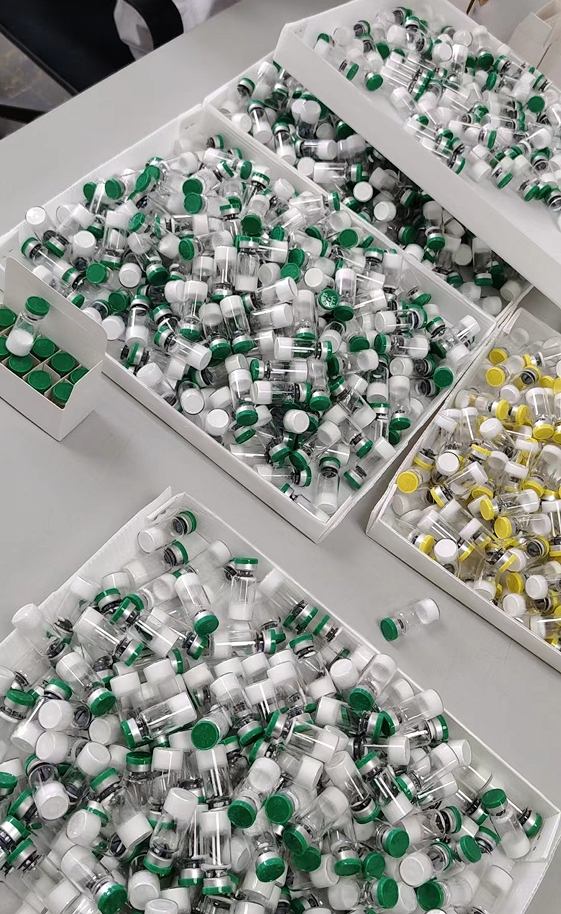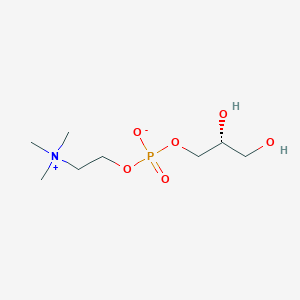How artificial intelligence solutions can design new TB drug therapies
-
Last Update: 2021-02-15
-
Source: Internet
-
Author: User
Search more information of high quality chemicals, good prices and reliable suppliers, visit
www.echemi.com
With a shortage of new TB drugs, a software tool at the University of Michigan can predict how current drugs, including unlikely drug candidates, can combine new ways to create more effective treatments.
"This could replace our traditional relatively slow and expensive drug development trial-error system," said Sriram Chandrasekalan, an assistant professor of biomedical engineering at U-M who led the study.This software tool, called INDIGO, is short for inferring drug interactions using chemical genomics and orthopaedics, and shows that TB drugs are more effective when used in association with antipsychotics or antimalarial drugs.
"This tool can accurately predict the activity of a drug combination, including synergies -- that is, the activity of the combination is greater than the sum of individual drugs," said study lead author Shu Ma of the University of Washington. It also accurately predicts antagonist effects between drugs, in which case the activity of the combined drug is low. In addition, it identifies the genes that control the response of these drugs. INDIGO was identified as a combination of five drugs that showed significant anti-TB effects:
TB drugs Bedaquilin, chlorpyrizimin, lifopin, kramycin and the antimalarial drug P218. A combination of four drugs, bedaquilin, chlorofazimin, pre-Oman and the antipsychotic drug thiodazine. A combination of two antibiotics, moxisacin and dacomycin, which are usually antagonistic, can create a high degree of synergy by adding a third drug, chlorpyrithromycin.
all three groups were in the top 0.01% of the collaborative combination identified by INDIGO."The successful combination of INDIGO identification showed synergies 88.8 percent of the time when tested in a laboratory environment," Chandrasekalan said. TB
1.8 million people a year and is the world's deadliest bacterial infection. There are currently 28 drugs used to treat tuberculosis, which can be combined into 24,000 combinations of three or four drugs. If a new pair of drugs is added to the mixture, the potential combination will increase to 32,000.
The researchers say the figures make developing new treatments time-consuming and expensive. At the same time, multidrage resistant strains are spreading rapidly.
They say the tool offers a new way to take advantage of existing medical toolboxes at a time when new drugs are in short supply to deal with old but still-developing diseases. The answer may already exist, and INDIGO's out-of-the-box approach represents a faster way to find the answer.
INDIGO uses a database that contains previously published research that is broken down and quantified by the authors, as well as details of hundreds of drug properties. (cyy123.com)
This article is an English version of an article which is originally in the Chinese language on echemi.com and is provided for information purposes only.
This website makes no representation or warranty of any kind, either expressed or implied, as to the accuracy, completeness ownership or reliability of
the article or any translations thereof. If you have any concerns or complaints relating to the article, please send an email, providing a detailed
description of the concern or complaint, to
service@echemi.com. A staff member will contact you within 5 working days. Once verified, infringing content
will be removed immediately.







